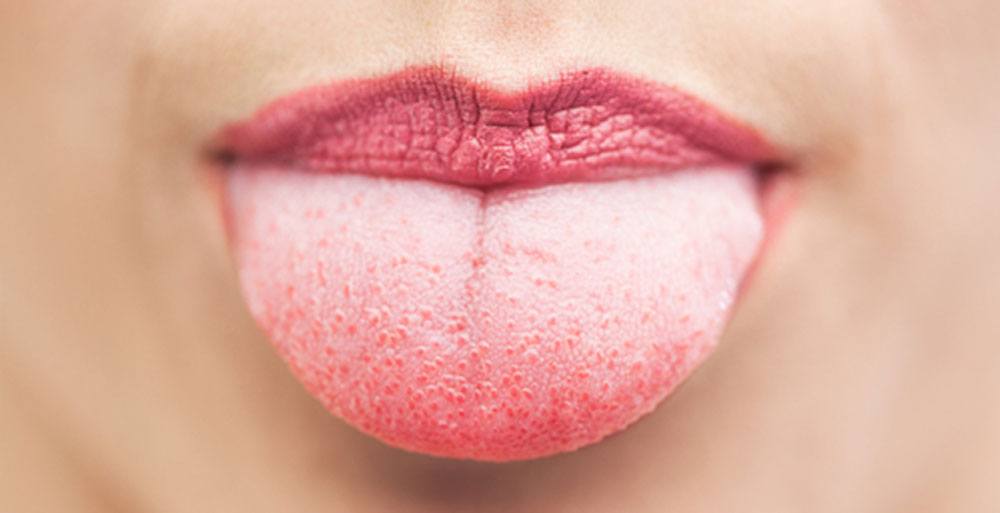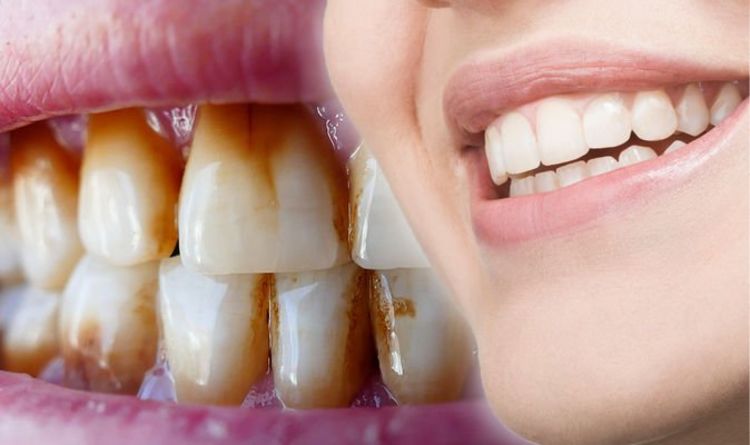Taming the Tiny Titans: Effective Solutions for Swollen Taste Buds
Your taste buds, those tiny bumps blanketing your tongue, play a vital role in the symphony of flavors we experience. But what happens when these flavor sentinels become swollen and inflamed, leaving your culinary adventures bland and frustrating? Fear not, for this article explores the culprits behind swollen taste buds and equips you with effective remedies to restore your sense of taste.
Understanding the Culprits: Why Do Taste Buds Swell?
Several factors can trigger swollen taste buds, also known as glossal papillitis. Here are some common causes:
- Irritating Foods and Drinks: Overly spicy, acidic, or hot beverages and foods can irritate the delicate taste buds, leading to inflammation and swelling.
- Nutritional Deficiencies: Deficiencies in vitamins B12, riboflavin, or zinc can contribute to swollen taste buds.
- Oral Hygiene Issues: Poor dental hygiene, allowing plaque and bacteria to build up, can irritate the tongue and taste buds.
- Smoking and Tobacco Use: Smoking and tobacco use can irritate the mouth and contribute to taste bud swelling.
- Medications: Certain medications, like some antibiotics and blood pressure medications, can have taste bud swelling as a side effect.
- Medical Conditions: Underlying medical conditions, such as allergies, acid reflux, or certain infections, can also cause swollen taste buds.
Identifying the Enemy: Recognizing the Signs and Symptoms
Swollen taste buds can manifest in various ways. Here are some telltale signs to watch out for:
- Soreness or Tenderness: The affected area of your tongue might feel sore or tender, especially when touched or exposed to certain foods or drinks.
- Redness: The swollen taste buds might appear red and inflamed.
- Burning Sensation: A burning or tingling sensation on the tongue can accompany the swelling.
- Altered Taste Perception: Your sense of taste might be diminished or distorted. You might experience a metallic taste or difficulty distinguishing between flavors.
If you experience these symptoms, especially if they persist for more than a few days, consulting a doctor or dentist is recommended to rule out any underlying medical conditions.
Soothing the Discomfort: Effective Remedies for Healing
The good news is that swollen taste buds are usually temporary and can be effectively soothed with some simple remedies:
- Saltwater Rinse: Gargling with a warm saltwater solution (half teaspoon of table salt dissolved in a glass of warm water) several times a day can help reduce inflammation and promote healing.
- Ice Therapy: Holding a small ice cube wrapped in a thin cloth against the affected area for short intervals can provide temporary numbing relief.
- Bland Diet: Opt for soft, bland foods that are less likely to irritate your taste buds further. Think mashed potatoes, yogurt, or applesauce.
- Maintaining Hydration: Drinking plenty of water helps keep your mouth moist and promotes healing.
- Over-the-Counter Pain Relief: Over-the-counter pain relievers like ibuprofen or acetaminophen can help manage any associated discomfort.
Preventing Recurrence: Keeping Your Taste Buds Happy
By adopting some healthy practices, you can minimize the risk of future flare-ups:
- Practice Good Oral Hygiene: Brush your teeth twice daily and floss once daily to remove plaque and bacteria that can irritate your taste buds.
- Stay Hydrated: Drinking plenty of water throughout the day keeps your mouth moist and prevents irritation.
- Limit Irritating Foods and Drinks: Go easy on spicy, acidic, and hot beverages and foods that might trigger inflammation.
- Quit Smoking and Tobacco Use: Smoking and tobacco use can significantly irritate your mouth and taste buds.
If you suspect a vitamin deficiency might be contributing to swollen taste buds, consult your doctor about potential dietary changes or supplements.
FAQ: Unraveling the Mystery of Swollen Taste Buds
Q: How long do swollen taste buds typically last?
A: In most cases, swollen taste buds resolve within a few days with proper care. However, if symptoms persist for more than a week, consult a doctor to rule out any underlying causes.
Q: Are there any home remedies I can use to soothe swollen taste buds?
A: Yes! Saltwater rinses, ice therapy, and a bland diet can all be helpful in reducing inflammation and discomfort.
Q: Can swollen taste buds affect my sense of smell?
A: Yes, taste and smell are closely linked. Swollen taste buds can sometimes lead to a temporary decrease in your sense of smell.




